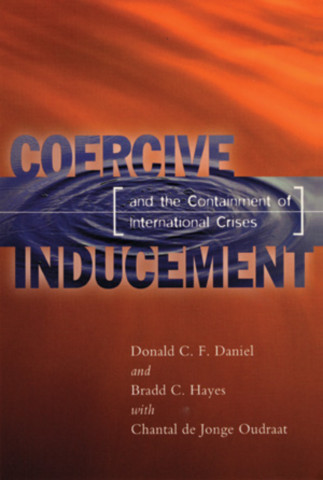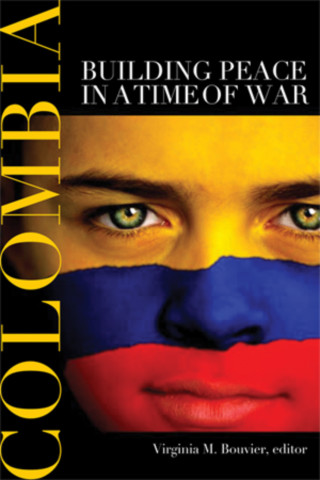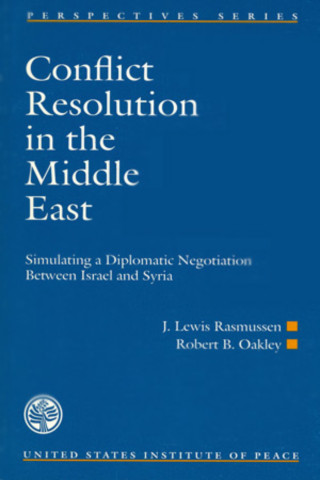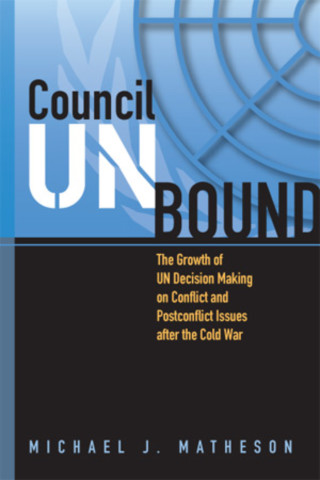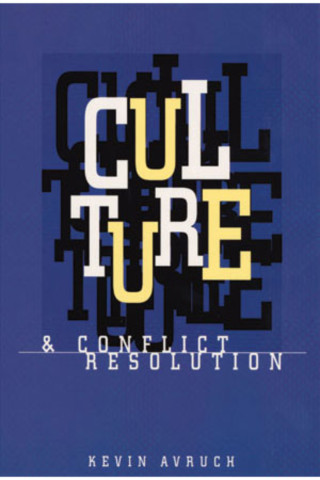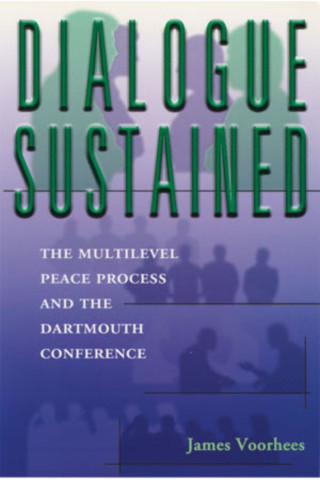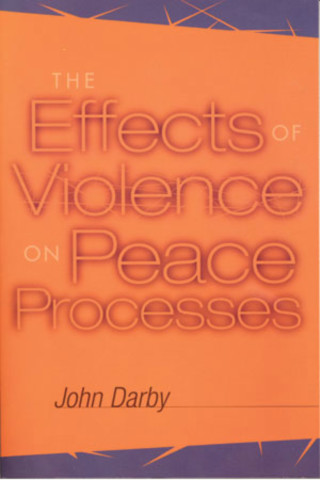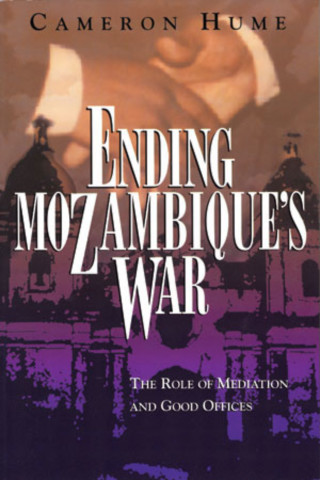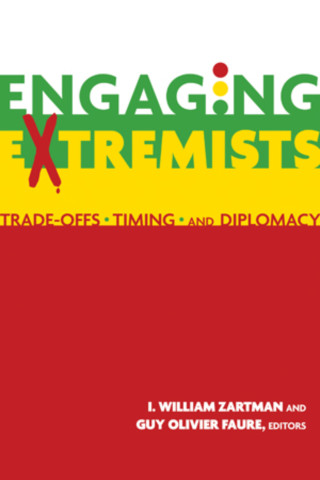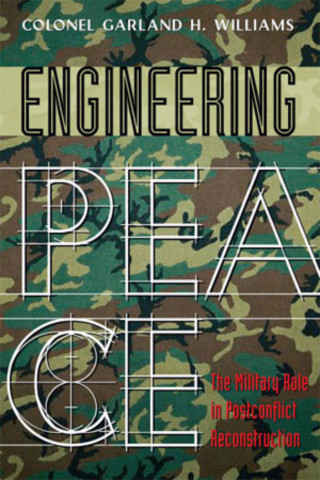Catalog
- Sort by
The concept of a “middle ground” between simple peace enforcement and traditional peacekeeping by lightly armed observers has been both ill defined and controversial. But the authors of this thoughtful yet challenging volume make a strong case for both the practicability and the desirability of such operations.
“Coercive inducement”—the term was suggested by Kofi Annan, when he was undersecretary general for peacekeeping—is a form of coercive diplomacy that relies more on the deployment and demonstration of military force than on the use of force per se. In the absence of such an option, the international community finds it hard to respond to a variety of crises, including ones that can spiral into genocide.
After first laying out general principles, the book explores four recent UN operations (in Somalia, Rwanda, Bosnia, and Haiti) in which coercive inducement was particularly relevant, and then presents operational guidelines for its use. Clear-sighted and pragmatic throughout, the authors conclude by suggesting when and to what extent the international community should commit itself to undertake coercive inducement.
Bringing together the experiences and insights of more than thirty experienced and emerging authors, human rights activists, and peace practitioners from Colombia and abroad, Colombia: Building Peace in a Time of War documents and analyzes the vast array of peace initiatives that have emerged in Colombia in recent years.
Shortly before the Middle East peace talks began in November 1991, the United States Institute of Peace conducted a four-day simulation of what was about to unfold in the diplomatic dialogue between two enemy countries, Israel and Syria, whose representatives had never before sat together.
This volume presents a description of that exercise and its implications for peacemaking and conflict resolution in the Middle East, a discussion of simulations and their utility for diplomats and for the field of conflict resolution, and a discussion among the participants of prospects for the overall Middle East peace negotiations.
Examines the UN Security Council’s new, expansive exercise of legal authority in the post-Cold War period and its devising of bold and innovative methods—coercive and noncoercive—to stop nascent wars and “threats to the peace,” including international terrorism.
After years of relative neglect, culture is finally receiving due recognition as a key factor in the evolution and resolution of conflicts. Unfortunately, however, when theorists and practitioners of conflict resolution speak of “culture,” they often understand and use it in a bewildering and unhelpful variety of ways. With sophistication and lucidity, Culture and Conflict Resolution exposes these shortcomings and proposes an alternative conception in which culture is seen as dynamic and derivative of individual experience. The book explores divergent theories of social conflict and differing strategies that shape the conduct of diplomacy, and examines the role that culture has (and has not) played in conflict resolution.
The participants in the Dartmouth Conference-so named because the first meeting took place at Dartmouth College in 1960-didn't just open up a new level of East-West understanding, they also pioneered a new kind of dialogue between adversaries. They were not government officials, yet their aim was somehow to narrow the divide between the Soviet and American governments-and indeed their peoples. Over the course of more than 40 years, as relationships warmed and trust developed, their dialogue deepened and widened. The ideas and information exchanged between them filtered into public discourse and were channeled into policymaking circles on both sides of the Iron Curtain. The impact of the Dartmouth Conference can never be measured precisely, but it was substantial.
As James Voorhees demonstrates, the concept of the multilevel peace process, and especially the idea of sustained dialogue between influential but unofficial members of seemingly implacable groups, evolved as the Dartmouth process evolved. Unfettered by the constraints on official diplomats, the participants could speak with a rare degree of candor and freedom on a wide range of subjects, sustaining their conversation from one meeting to the next and building a foundation of shared knowledge. As Harold Saunders and Vitaly Zhurkin explain in a concluding chapter, the lessons learned and techniques developed at Dartmouth are being applied today in numerous settings.
Drawing on extensive research and interviews, this highly readable account of the evolution of a unique peacemaking venture adds a new perspective on both the Cold War and the conduct of multilevel peace processes.
As recent events demonstrate, violence, especially ethnic violence, is exceptionally hard to extinguish. Cease-fires almost never bring a complete end to the killing, and formal peace agreements are more often than not undone by men unwilling to forsake the gun. As John Darby argues in this original, holistic, and comparative treatment of the subject, “even when political violence is ended by a cease-fire, it reappears in other forms to threaten the evolving peace process.”
Unlike most scholars, Darby focuses on peace processes that have involved actors other than the United Nations. He analyzes the nature and impact of four interrelated kinds of violence: violence by the state, violence by militants, violence in the community, and the emergence of new violence-related issues during negotiations. For each kind of violence, the author draws out the policy implications, suggesting how the “guardians” of the peace process can defeat would-be spoilers and change a culture of violence. The volume concludes by distilling five propositions on the relationship between violence and peace processes.
Insightful, concise, and highly readable, the book will engage the scholar, inspire the policymaker, and inform the student. In-depth profiles of the five featured cases (Northern Ireland, South Africa, Sri Lanka, Israel-Palestine, and the Basque country) provide ample background and enrich understanding.
Fifteen years after winning independence in 1975, Mozambique was wracked by insurgency, devastated by drought, and battered by conflicts with its neighbors. A less auspicious beginning for a new nation could hardly have been imagined.
But the signing of the 1992 peace agreement led to a new beginning. And a team of mediators, operating outside the framework of traditional diplomacy, helped the parties along the path of peace and reconciliation.
This first-hand account of the Mozambique mediations offers intriguing details that illustrate the complexity of the multi-track mediation process. Hume, who was a participant observer in the Rome-based peace talks, relates the stages of the process to the principles of conflict management, negotiation, and mediation in a clear and graceful style. He delineates the separate roles played by the parties themselves (the government and RENAMO), the outside governments that intervened, and the mediators, with a special focus on the unique element in this peace process: the involvement of a private voluntary organization, the Community of Sant'Egidio.
This compelling story of the Mozambican peace process also provides useful lessons for addressing other hostilities in Africa, the Balkans, and the emerging polities of the former Soviet republics.
Engaging Extremists concerns negotiation with political terrorist organizations, separating terrorist groups that can be engaged from those that, for the moment, cannot.
In this timely work, Colonel Garland Williams analyzes the postconflict reconstruction gap in three case studies—Bosnia, Kosovo, and Afghanistan—and shows how military engineering brigades accompanying peacekeeping contingents can be put to use immediately after the conflict ends to restore vital infrastructure and social institutions.

